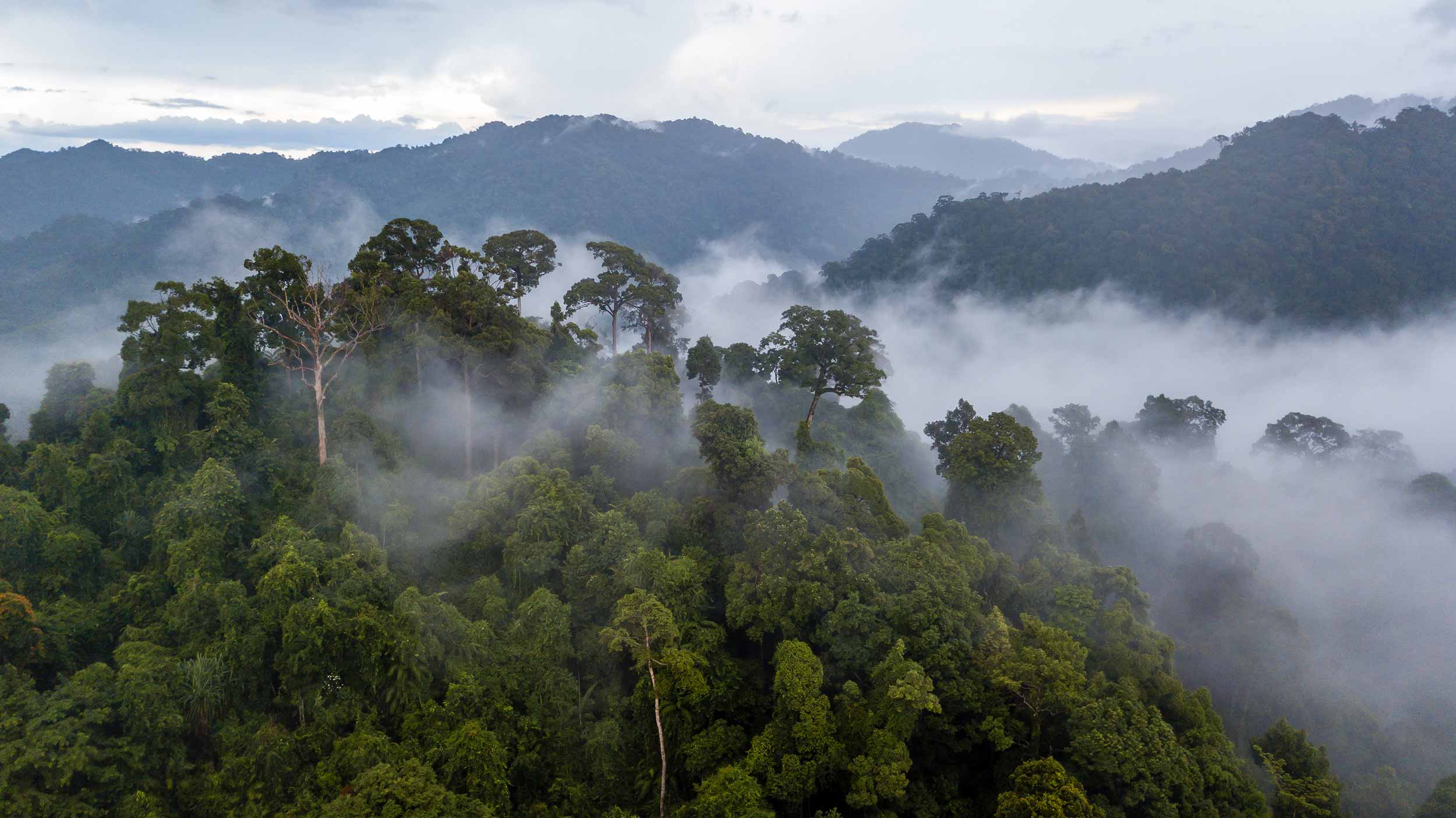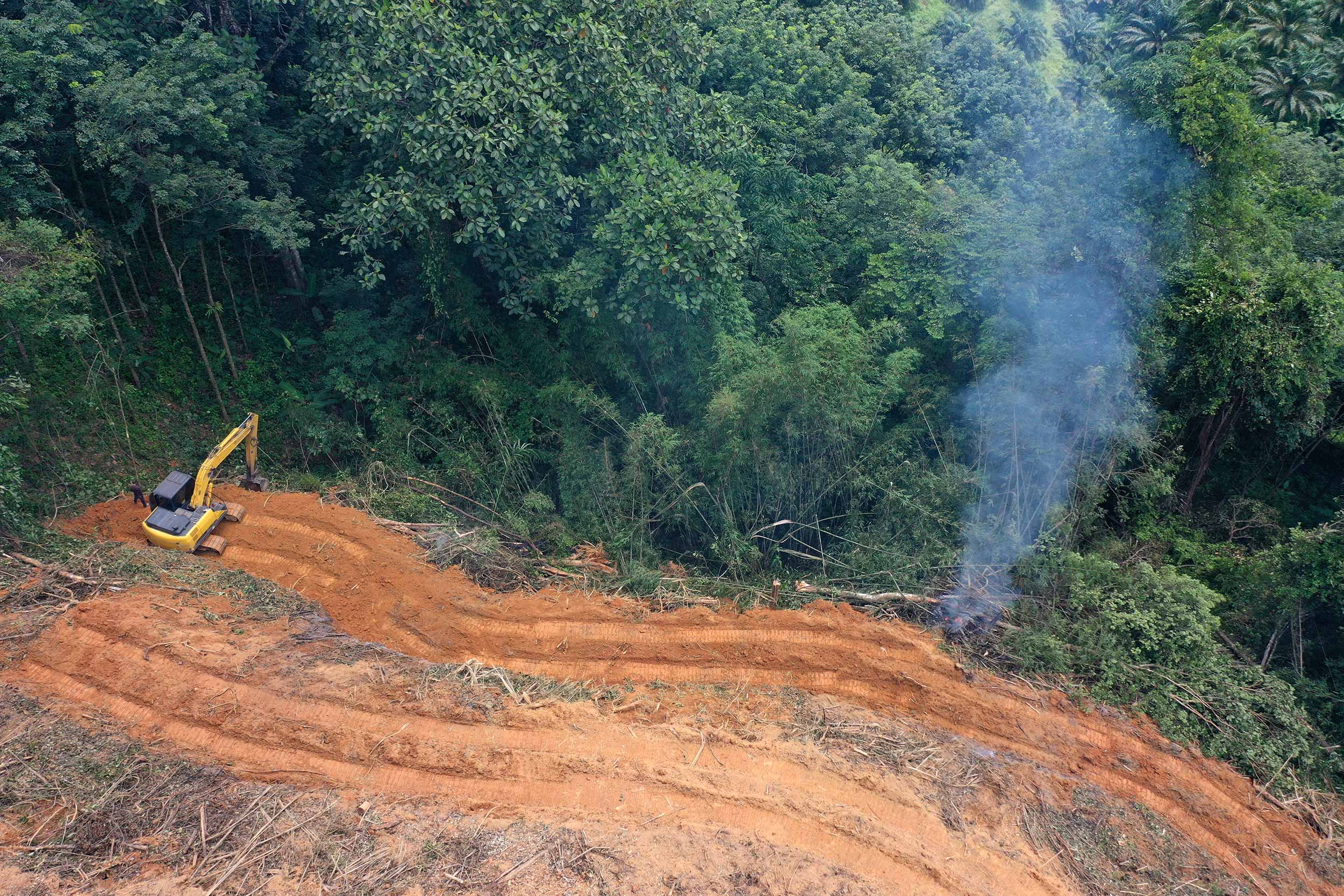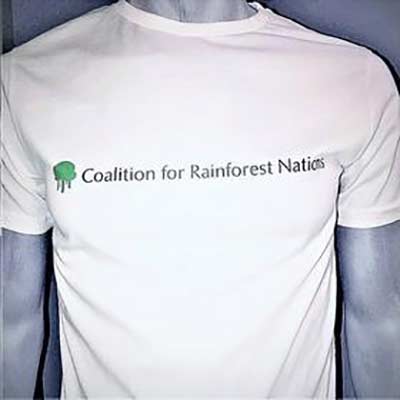
Will the real REDD+ step forward?
Paris Agreement-approved rainforest conservation carbon credits will rescue net- zero carbon goals, argues Kevin Conrad
May 20, 2021, New York
One month ago, Blackstone Energy Services purchased 6,106 metric tonnes of CO2e reductions through REDD+ forestry carbon credits. These REDD+ credits were the first available to companies and individuals that have completed an extensive MRV (Measure, Report, and Verify) process approved under the Paris Agreement. The not-for-profit platform www.REDD.plus converted these reductions into REDD+ credits or REDD+ Results (RRUs), with IHS Markit providing the registry and CBL the trading platform.
This purchase was intended to both offset Blackstone's historical carbon footprint back to 2003, and its estimated emissions up until to and including 2030 by helping save the rainforests in Papua New Guinea. Beyond this pilot purchase, Blackstone planned to offer sovereign government-issued forestry carbon credits from rainforest nations to its portfolio of North American clients with a collective annual energy spend of over $2.5 billion.
Blackstone bought carbon reductions created by PNG's tropical rainforests from a two-year period of impact and after over a decade of national conservation efforts.
The United Nations Framework Convention on Climate Change's (UNFCCC) REDD+ process reviewed and verified that Papua New Guinea's government, its agencies and local communities had successfully slowed the pace of deforestation across its 113.8 million acres (about the area of California) after bringing annual deforestation levels down to an average of 0.5% over a thirteen-year period.
Papua New Guinea's efforts resulted in 9,003,314 metric tonnes of emissions reductions. The sale set a precedent for corporations wishing to achieve net-zero targets from carbon reductions directly linked to country efforts under the Paris Agreement and the global carbon budget.

According to McKinsey, all scenarios for getting to 1.5°C include slowing and stopping deforestation by 2030.
The fact that these carbon credits represent emissions reductions from national conservation efforts verified under UNFCCC process which have happened - and not future promises - was also an important criterion.
With 100% of the proceeds from sale, minus standard transactional costs, finding their way back to Papua New Guinea to finance further national conservation efforts, climate equity and justice was also being served to a country which had not caused the climate emergency but nevertheless feels the brunt of it daily.
The government of Papua New Guinea intends to set up a national biodiversity and climate change trust fund to manage and distribute the funds accumulated from the revenues of nationally issued Reducing Emissions from Deforestation and Degradation (REDD+) forestry carbon credits and other grants and donations.
Papua New Guinea is a nation rich in tropical rainforests - a valuable natural resource for the world. Grand Chief Sir Michael Somare - the founding father of Papua New Guinea - recognised this wealth and became the pioneer of a global rainforest conservation mechanism (REDD+) that could change the world.
Rainforest nations would help the world slow the climate emergency through their rainforests absorbing and storing greenhouse gas emissions. In return, the UNFCCC REDD+ mechanism sought to stop global deforestation by financially rewarding rainforest countries for successful actions to preserve and restore their rainforests at national level.
Now a global system under the Paris Climate Agreement, the REDD+ Mechanism, not to be confused with the commercial project-based REDD+ carbon markets, is administered by UNFCCC, using national accounting to measure carbon emissions and reductions at country level.
It took over a decade of international and domestic policy work as well as in-country capacity building and technical training to forestry agencies teams across the world before the first carbon credits could become available.
So, unlike project-based REDD+ carbon credits, which have been available on the voluntary carbon markets for over a decade, Blackstone's purchase also marked the first commercial transaction of nationally issued REDD+ credits or REDD+ Results Units that are backed by the Paris Agreement.
A critical climate solution
Despite the poor reputation that project-based REDD+ has earned, UNFCCC REDD+ carbon reductions from tropical rainforests and land use remain the critical climate solution, without which our climate goals will not be possible. According to McKinsey, all scenarios for getting to 1.5°C include slowing and stopping deforestation by 2030.
The UNFCCC REDD+ Mechanism now covers over 90% of the world's tropical forests. And the great news is that Paris Agreement approved emissions reductions will restore faith in the REDD+ mechanism because:
- Scale & Rigor: The UNFCCC REDD+ Mechanism, which is mandated in Article 5 of the Paris Agreement, created a fnancial value for the carbon absorbed by rainforests and offers performance-based payments for national conservation efforts that have worked. Despite little public awareness, the REDD+ Mechanism has delivered over 9 billion UNFCCC verifed emissions reductions.
- Carbon Credits that Count! UNFCCC REDD+ activities are part of a country's overall greenhouse gas inventory under the Paris Agreement, which means retirements can be seamlessly integrated into nationally determined contributions (NDCs). This provides the accounting transparency to ensure that emissions reductions are not double counted - and make corporate purchases of carbon credits directly relevant to country efforts to tackle the climate emergency.
- The Real Gold Standard: The guidelines for MRV (measurement, reporting and verifcation) of emissions reductions under the REDD+ mechanism is created by one standard setter - the UNFCCC, formalized in the Paris Agreement, and approved by 192 countries, providing over 50 countries' worth of emissions reductions from tropical rainforests.
- Climate Equity: The REDD.plus platform, operated by Coalition for Rainforest Nations, provides a cost-effective way for retiring entities to purchase emissions reductions directly from rainforest nations and confdently know that their payment is going directly to those who created the outcome, as Blackstone did.
- No Emissions Leakage: REDD+ Results can only be generated if there is a net reduction of emissions at a national scale. This eliminates the risk found in subnational, jurisdictional, and project programmes that deforestation leaks or is displaced outside the boundaries of the programme.
- Ongoing "Belt-tightening": REDD+ is part of the Paris Agreement and this obligates national efforts on climate change to improve in robustness and ambition in order to reach global carbon neutrality before 2050. To see this effect, one must view the Paris Agreement in its totality and how REDD+ is integrated into this groundbreaking effort.
- Role of Governments and National Action: Success in preserving and restoring rainforest requires clarity and enforcement of land-tenure and land-use regulations. Simply put, good government policies are critical to save rainforests with the authority and responsibility for forests vested locally.
In this critical decade when the planet must align to a 1.5 degrees pathway, UNFCCC REDD+ is now bringing emissions reductions from the tropical rainforests at a multi-gigatonne level. Thanks to our rainforest nations and their communities for delivering on their commitment to conserve forests over two decades, corporations and individuals now have access to nationally issued emissions reductions from tropical rainforests.
Both Blackstone's purchase, and others in the pipeline, offer encouraging early signs of corporate demand for UNFCCC REDD+ carbon credits. In the next two years, we expect to see REDD+ Results Units playing a critical role within both the compliance markets and as Internationally Transferred Mitigation Outcomes (ITMOs), qualifying for international transfer of carbon reductions between countries under the Paris Agreement.
Kevin Conrad is executive director of Coalition for Rainforest Nations.
This article was originally published in Environmental Finance on May 20, 2021


